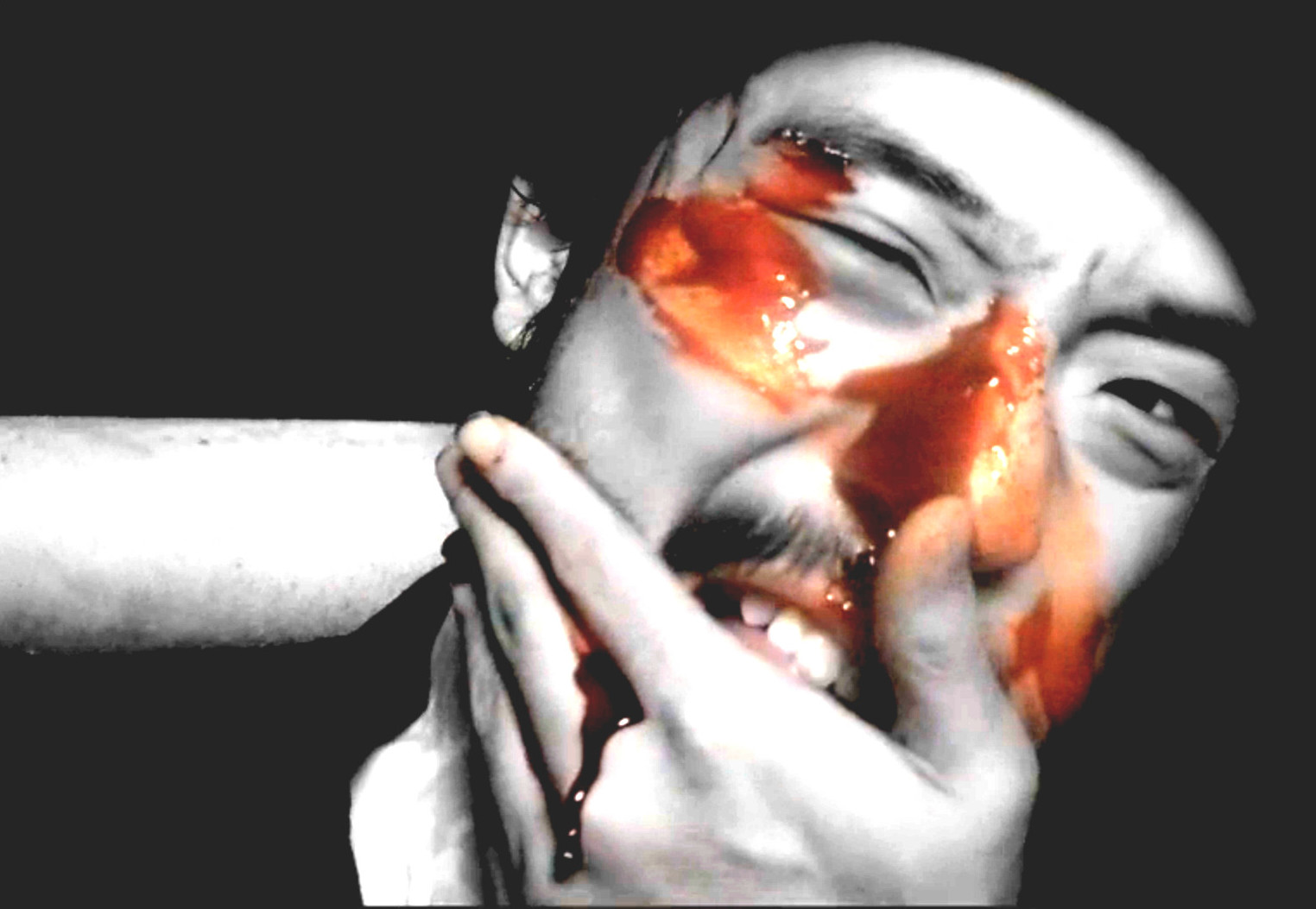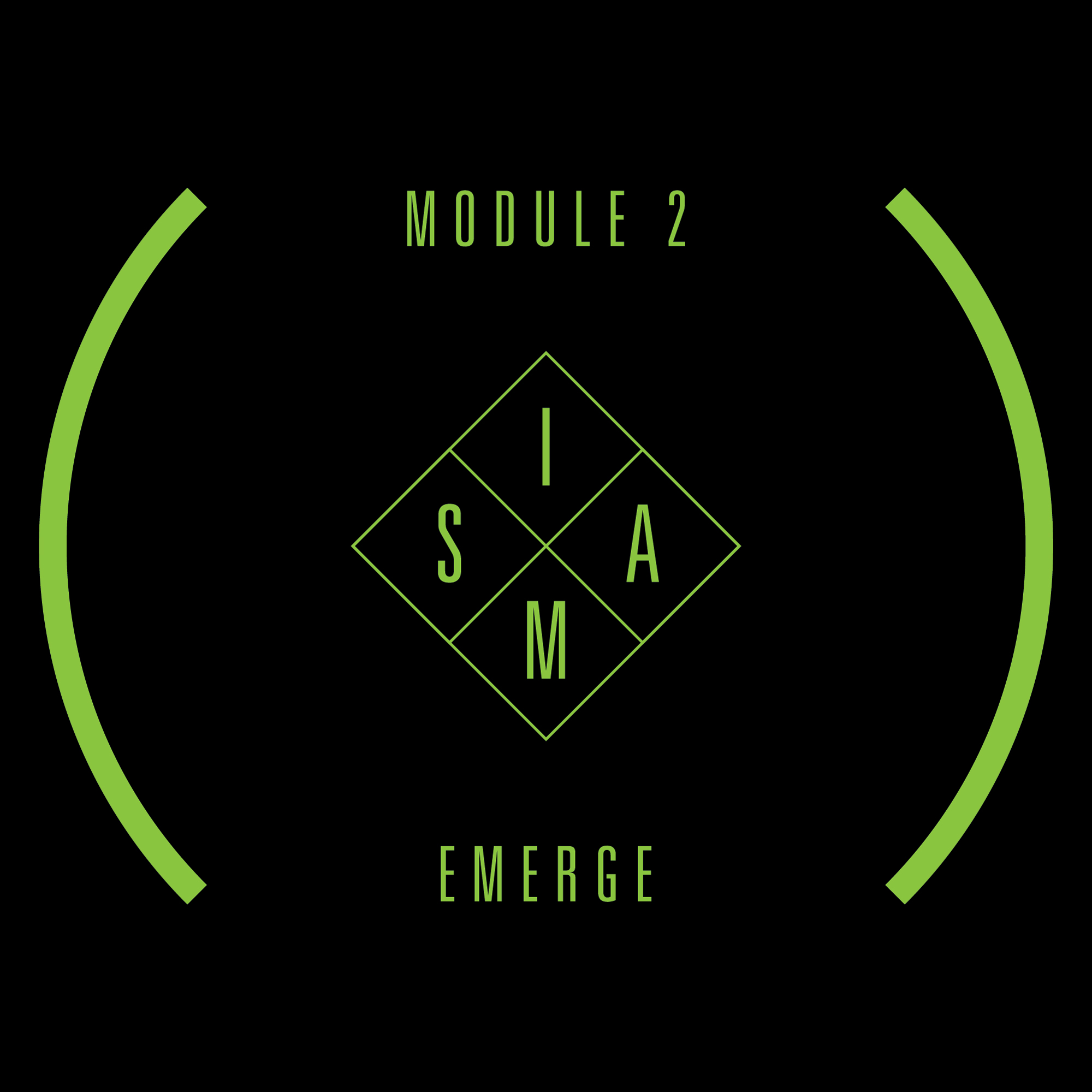Ajinai
@ Zuiyuefang, 22 May 2010
By Jordan, 2010年 5月 24日
I walked into Zui Yue Fang in a terrible mood. I had just been accosted by a cranky nationalist taxi driver. He was incensed by my assertion that it’s impossible to make a left turn at Anzhenqiao (which it is). The whole ride he complained under his breath about what a trouble I was, and as I asked my friend for change on the way out he sneered, “You really separate your money so clearly,” making a jibe at the AA zhe. For some reason it really bothered me. I felt like crawling into a hole. A deep Mongolian throat singing hole. Ajinai was almost finished with their first set by the time I arrived. I’ve seen them many times now, and I’ve heard their songs, but their music affects me no less than it did before. Things looked different when I walked in. Ajinai usually dresses all in traditional Mongolian garb, but tonight they were wearing street clothes, metal shirts, and cargo shorts. It was nice to see them with their hair down and tattoos out.
Ajinai does traditional folk, played without pretense or the deep urges to infuse hard rock. Two horse head fiddles (马头琴/matouqin), three voices, percussion, acoustic and electric guitar accompaniment, and the occasional bell. I don’t know the names of everyone in the group, so I’ll start with their positions on the stage. The three singers in the front. Xiao Hu, in the middle, is the leader of the band. His voice is perhaps the most average, which is a difficult term to use for such skilled singers, but he does a bit of everything. He plays matouqin, a two string lute-like instrument, the mouth flipper, and is often the lead voice in throat singing. On his left is Akhtun (spelling?). In terms of instrumentation he only plays drums and a bell, but he has the voice of angel. In my opinion the best musician sits on the right. I have no idea what his name is, he seems extremely shy, but I usually can’t stop watching him during the show. His throat singing is powerful and deep, and pairs with his equally musical matouqin playing. The two in the back, guitar and percussion, are steady and unobtrusive, adding just a little extra depth.
They played beautifully tonight, maybe more so than when I’ve seen them before. Usually at some point they bring out their teacher, an old Mongolian master of changdiao, but he didn’t come out for this smaller venue. Instead, toward the end of the show, Akhtun displayed a little bit of what he had been learning recently from his teacher. For me this was decidedly the high point of the show. Akhtun sang a pure and simple melody, while Xiao Hu played matouqin underneath, following the melody line closely but with slight nuances, and during the chorus the man on the right sang a low harmony. The effect was unity between the voices and the instrument, which you only realize when the matouqin drifts away for a moment. The contrast between the simplicity of this one song and the fullness and harmonics of the rest of the set was quieting.
On this specific evening I had been thinking a lot about what it means to be a foreigner living and playing music in Beijing. What does it mean to always be an outsider and what do people expect from you? Ajinai is a traditional Mongolian folk group, and not the only one in Beijing. All the members are Chinese, from Inner Mongolia as far as I know, but they are not Beijingers. It has been said that Mongolian folk has the ability to transport you to places you’ve never been before. You can picture the grasslands even more when the band is dressed in traditional clothing, and when they’re putting on a lively show. In order to distinguish themselves, many traditional folk groups in Beijing are tempted to go for the route of fusion (usually hard rock), to go over the top with spectacle, or to mix the two. Thankfully Ajinai resists these temptations. They play the music they play without anxiety or insecurity. On a night when I felt particularly like an outsider, it was nice to see another group of outsiders, wearing their regular clothes, not playing into expectations.






